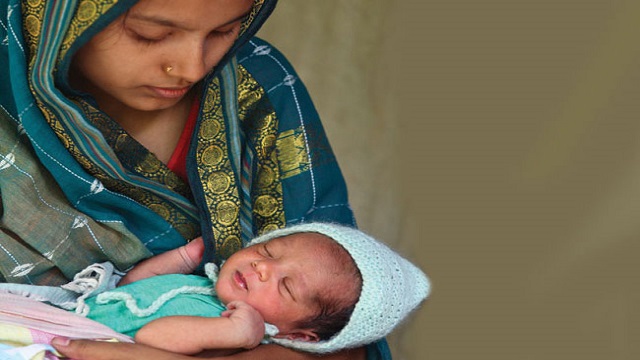There are a large number of problems in India associated with women and child health, so their healthcare should be a priority for the government, the NHRC’s chairperson said Tuesday.
There are a large number of problems in India associated with women and child health, so their healthcare should be a priority for the government, the NHRC’s chairperson said Tuesday.
“A large percentage of the child population suffers from malnutrition and stunted growth. There is prevalence of widespread anaemia among both women and children,” said K.G. Balakrishnan, chairperson of the National Human Rights Commission (NHRC).
Addressing an NHRC national conference on healthcare here, he added: “The government has been implementing several schemes for providing supplementary nutrition, but there are problems associated with its design and implementation. So we have to ponder on other steps to address issue related to women and child health.”
Highlighting the government’s plan towards providing universal health coverage, an official at the ministry of health and family welfare expressed the need to increase public expenditure on improving healthcare in the country.
“Around 70 percent of the health expenditure is out of the pocket and over 2.2 percent of the population gets impoverished at the time of paying hospital bills. So there is a need to increase the per capita public expenditure on health,” said Manoj Jhalani, joint secretary, Ministry of Health and Family Welfare.
The conference also raised the issue of increasing the seats in medical colleges so that the ratio between doctors and patients can be improved.
“In India, there are only 12,500 post-graduate medical seats as against 32,000 in the US. The number for super-speciality seats are even lower,” said Devi Prasad Shetty, chairman Narayana Hrudayalaya hospital.
“The other cause of concern is the nursing profession in India which could face extinction due to the lack of dignity of labour. Further, in the past few years the admission to nursing colleges across the country has come down by 50 percent.”
-IANS





